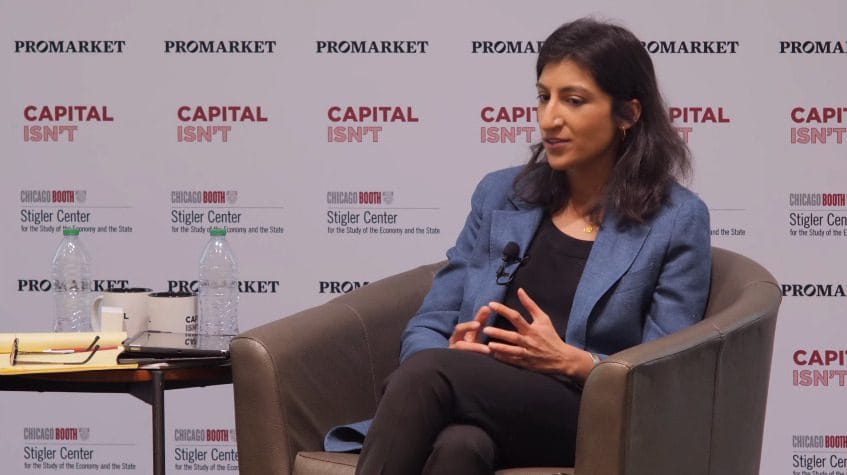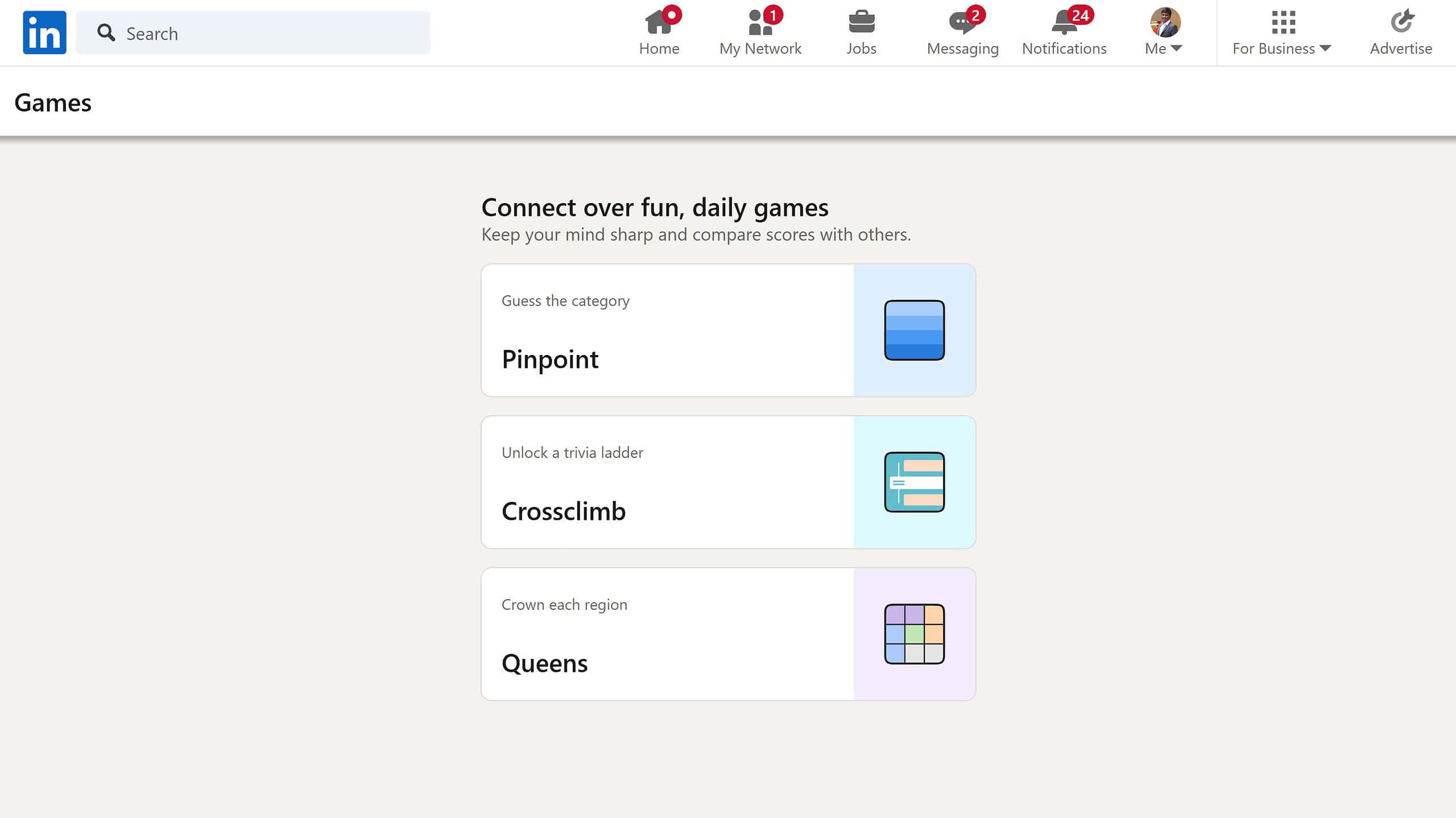Report: FTC is wrong about Microsoft's “commitments” to EU regarding ZeniMax deal
4 min. read
Updated on
Read our disclosure page to find out how can you help MSPoweruser sustain the editorial team Read more

The Federal Trade Commission (FTC) is determined to block Microsoft’s proposed $69 billion Activision merger deal. Despite the software giant offering concessions, the agency voted to push a lawsuit. In its statement, the FTC highly stressed that Microsoft misled the EU when it was just courting it for its ZeniMax approval. The agency refers to Microsoft’s decision to make ZeniMax’s titles like Starfield and Redfall exclusive to its own gaming service after having the EU’s approval and clearing the ZeniMax $7.5 billion acquisition transaction. However, the EU recently made a clarification after being directly involved by the FTC, saying the US agency’s claim is not true.
One of FTC’s main concerns in its complaint is the possibility of the merger giving Microsoft the power to keep Activision’s games away from its competitors. Despite the repeated assurance, even giving Nintendo (and offering it to Sony) a 10-year licensing deal for Call of Duty, the FTC maintains its belief that Microsoft can’t be trusted. With this, it cited an alleged instance where Microsoft assured EU regulators that it would not hold back ZeniMax titles from its rivals.
“Microsoft’s past conduct provides a preview of the combined firm’s likely plans if it consummates the Proposed Acquisition, despite any assurances the company may offer regarding its plans,” FTC states in the redacted public version of its complaint. “In March 2021, Microsoft acquired ZeniMax Media Inc. (‘ZeniMax’), the parent company of the well-known game developer and publisher Bethesda Softworks LLC (‘Bethesda’). Microsoft assured the European Commission (‘EC’) during its antitrust review of the ZeniMax purchase that Microsoft would not have the incentive to withhold ZeniMax titles from rival consoles. But, shortly after the EC cleared the transaction, Microsoft made public its decision to make several of the newly acquired ZeniMax titles, including Starfield, Redfall, and Elder Scrolls VI, Microsoft exclusives.”
The FTC is using the supposed case to challenge the merger. However, the EU dismissed the claim after the independent media organization MLex reached out to confirm it. (Screenshots of the article shared by a ResetEra user named Idas can be accessed here.) According to the European regulator, Microsoft didn’t make “commitments.” In its statement to MLex, the EU explained why it approved the ZeniMax deal.
“The commission cleared the Microsoft/ZeniMax transaction unconditionally as it concluded that the transaction would not raise competition concerns,” the EU told MLex, adding that the absence of competition concerns “did not rely on any statements made by Microsoft about the future distribution strategy concerning ZeniMax’s games.”
Additionally, the European watchdog stated that Microsoft denying the availability of ZeniMax titles to its competitors has an insignificant effect on competition. It also explained that the competitors still have access to an “essential input,” while the rival consoles can gain more enticing titles.
Microsoft further strengthened its stand by releasing a document detailing the truth about the availability of the games on PlayStation and other platforms, despite already having the deal closed.
“Microsoft’s acquisition of ZeniMax illustrates the company’s consistent position on cross-platform play and our commitment to gamers on all platforms,” the document reads. “Xbox has continued to ship ZeniMax content on PlayStation and other platforms, and games that were on PlayStation in March 2021 are still available today. Further, Xbox’s first two ZeniMax releases were, in fact, exclusive to Sony PlayStation 5.”
Backing Microsoft’s promise of honoring ZeniMax’s obligations include the September 2021 Deathloop release that remained exclusive to PlayStation for a year and the Ghostwire: Tokyo that was released in March 2022 but still unavailable on Xbox due to “Sony’s restriction.”
Finally, Microsoft directly destroyed FTC’s claim that it made assurances to the EU regarding the availability of future Zenimax titles to other platforms by citing its own statement in the merger notice to the European Commission:
Future decisions on whether to distribute ZeniMax games for other consoles will be made on a case-by-case basis, taking into account player demand and sentiment. Factors that will inform Microsoft’s decision-making on future games include consumer demand and preference and the willingness of third parties to work with Microsoft to launch games for their devices.
With these new revelations, Microsoft might gain more favorable traction. As for the FTC, further pushing the argument might be challenging. With the same powerful European watchdog dismissing the ZeniMax claims, the FTC might have just received a sharp dagger wounding its possibility of winning the lawsuit.








